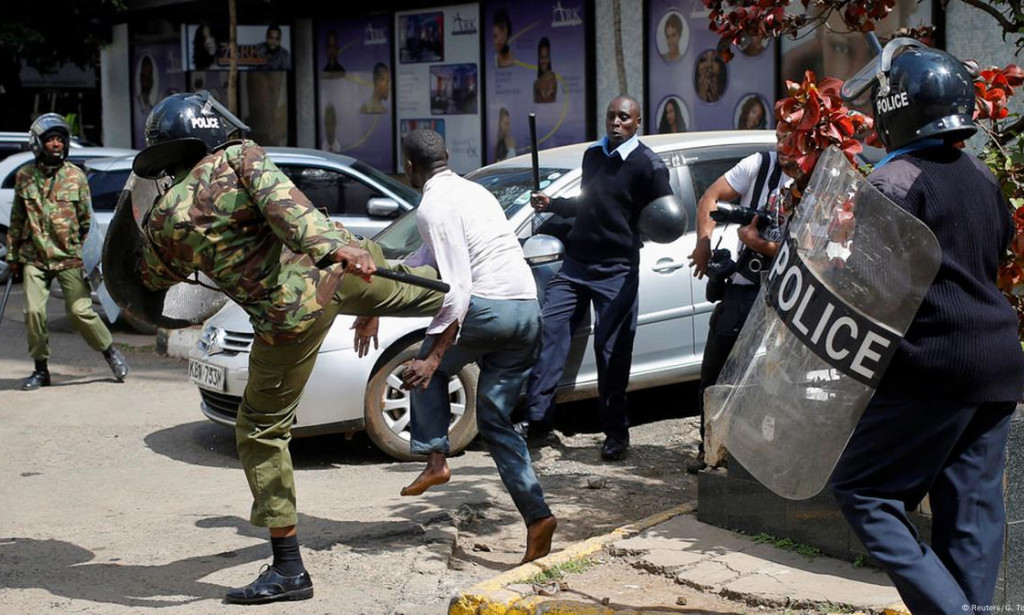Police brutality remains a major issue in Kenya, eroding public trust and weakening the rule of law. It fuels ongoing violence and injustice. To address this a broad approach is needed. This includes reforms to the system, better oversight and building a more professional police force.
One important step is to improve the laws and institutions that govern police behavior. Laws should be reviewed and updated to meet international human rights standards, especially on the use of force. Clear rules must be set to define acceptable actions, emphasizing peaceful de-escalation and non-lethal techniques. The Independent Policing Oversight Authority (IPOA) should gain more power and resources to investigate misconduct. IPOA needs independence, quick investigations and legal protections for its staff and witnesses. When misconduct is found, actions should be swift and transparent. Officers guilty of abuse must face appropriate penalties.
Police training is also a key area for change. The training program must include human rights, ethics and communication skills. Officers should learn empathy, cultural respect and ways to resolve conflicts peacefully. Regular refreshers are necessary to reinforce these skills. Mentoring programs can promote accountability. Special training for working with vulnerable groups like women, children, and disabled persons is critical to prevent abuse.
Accountability systems must be strengthened to reduce violence by police. This means improving oversight both inside and outside the force. Police should establish an independent internal affairs unit to handle misconduct cases. Civil society groups and human rights organizations must have access to police stations and detention centers to monitor compliance with rights. Whistleblowers should be protected so officers and citizens can report abuse without fear of retaliation.
Community involvement is vital. Building open lines of communication between police and residents encourages trust. Community policing initiatives create closer ties, allowing officers to better understand local issues. Public meetings can offer spaces for honest feedback on police actions. Addressing root social issues like poverty, unemployment, and inequality is also crucial. These factors often drive crime and undermine safety.
Fixing systemic issues within the police forces is essential. Corruption and favoritism must be fought. Recruitment and promotions should be transparent, based on merit. Regular audits can identify weaknesses. Fair pay could reduce temptations for corruption. Using modern tools such as body cameras and better communication devices can boost police accountability.
Justice for victims of police violence is necessary. Victims should have access to legal help, medical care and counseling. Investigations into brutality should be independent and fair. Officers found guilty must face proper consequences. Compensation for victims is important too. Creating a national database of complaints can help spot patterns and identify repeat offenders.
Ending police brutality in Kenya requires all parts of society to work together. These reforms will help build a police force that is professional, responsible and respectful of human rights. Such changes are critical for improving safety and justice for everyone. This road may be difficult but it is essential for a fair society.


You must be logged in to post a comment.